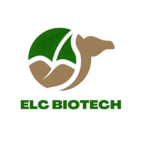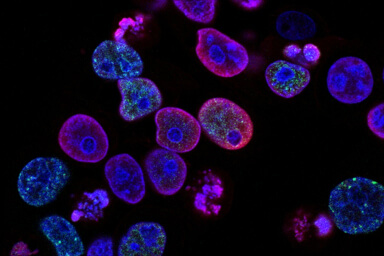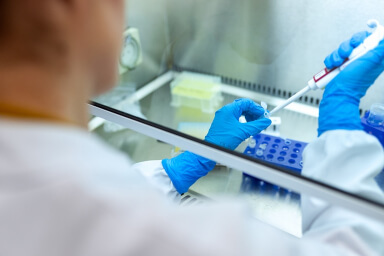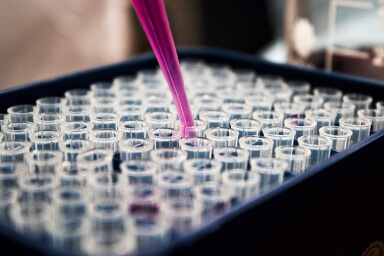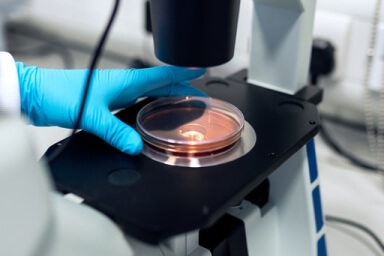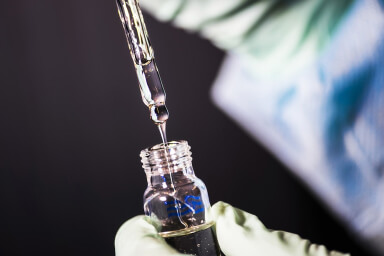Camel Milk
Sourced from the nomadic herders of Pakistan, our advanced collection centers ensure that every drop of camel milk meets the highest standards of quality and safety.
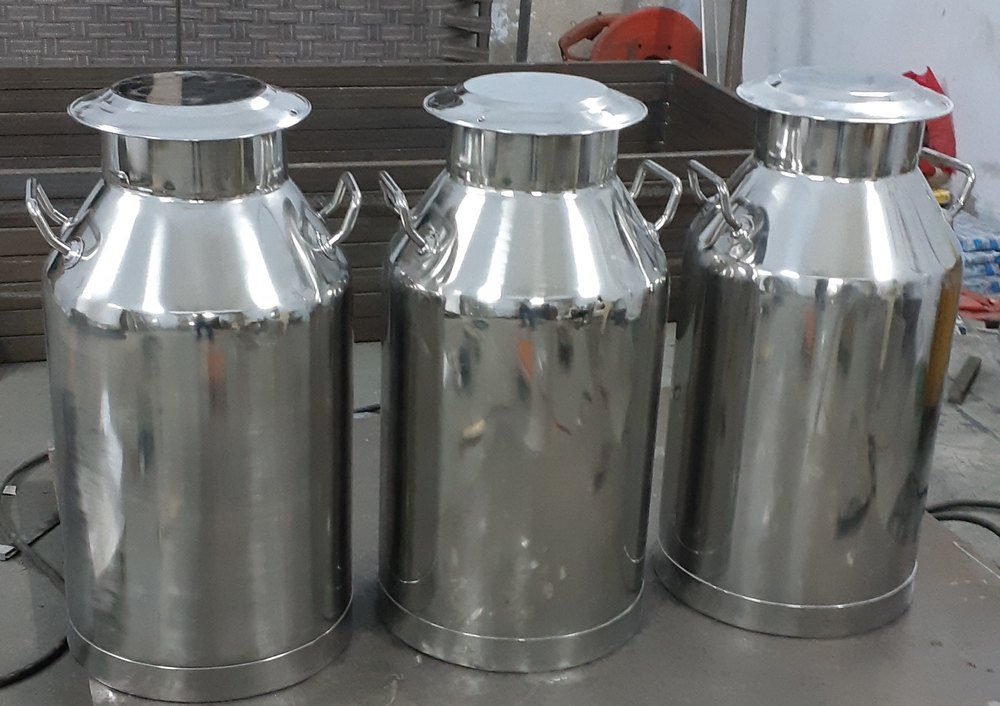
Collection
Our camel milk collection process combines traditional expertise with modern methods. Nomadic herders milk the camels, ensuring high-quality milk. This fresh milk is collected primarily in Bahawalpur and swiftly transported in chilled containers to our collection centers
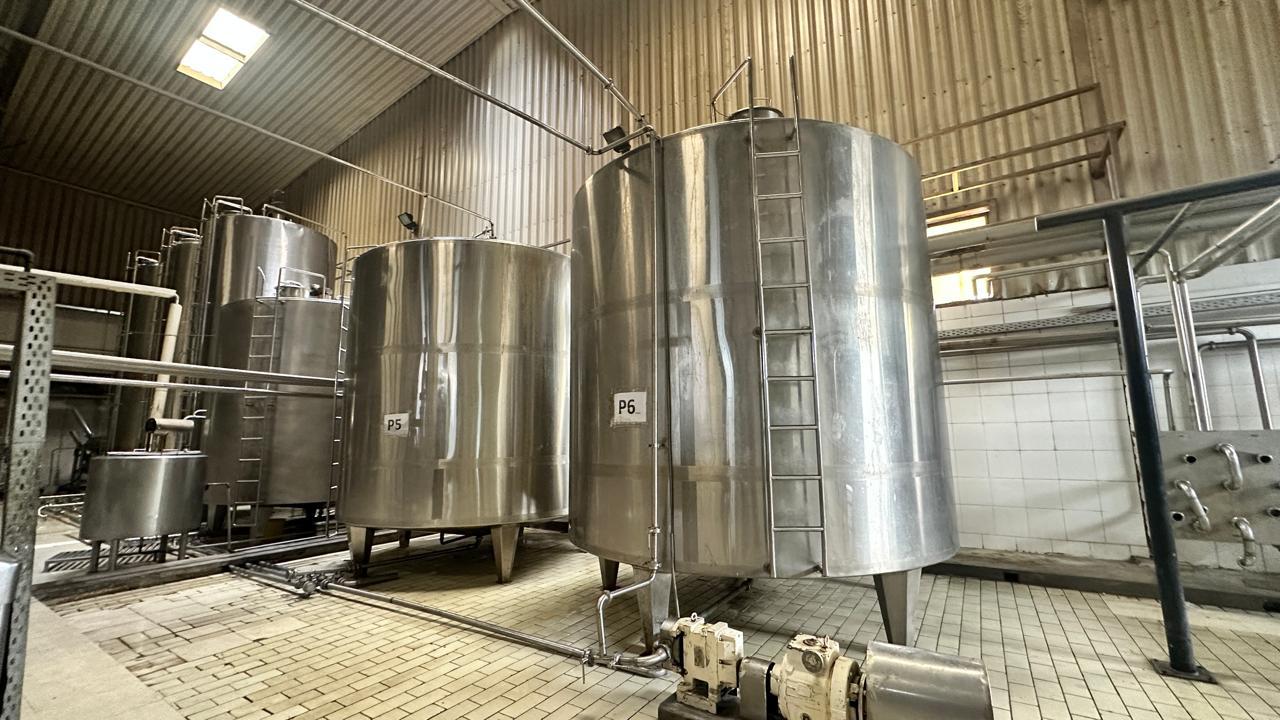
Storage
Preserving camel milk is essential for maintaining its freshness, quality, and nutritional value. After collection, the milk is cooled, and stored in temperature-controlled tanks to prevent bacterial growth. We employ automated monitoring systems to track and adjust storage conditions as needed

Transportation
We use insulated, refrigerated vehicles to transport the milk, maintaining the ideal temperature throughout the journey. Our fleet is equipped with GPS tracking and real-time temperature monitoring to ensure quality and safety
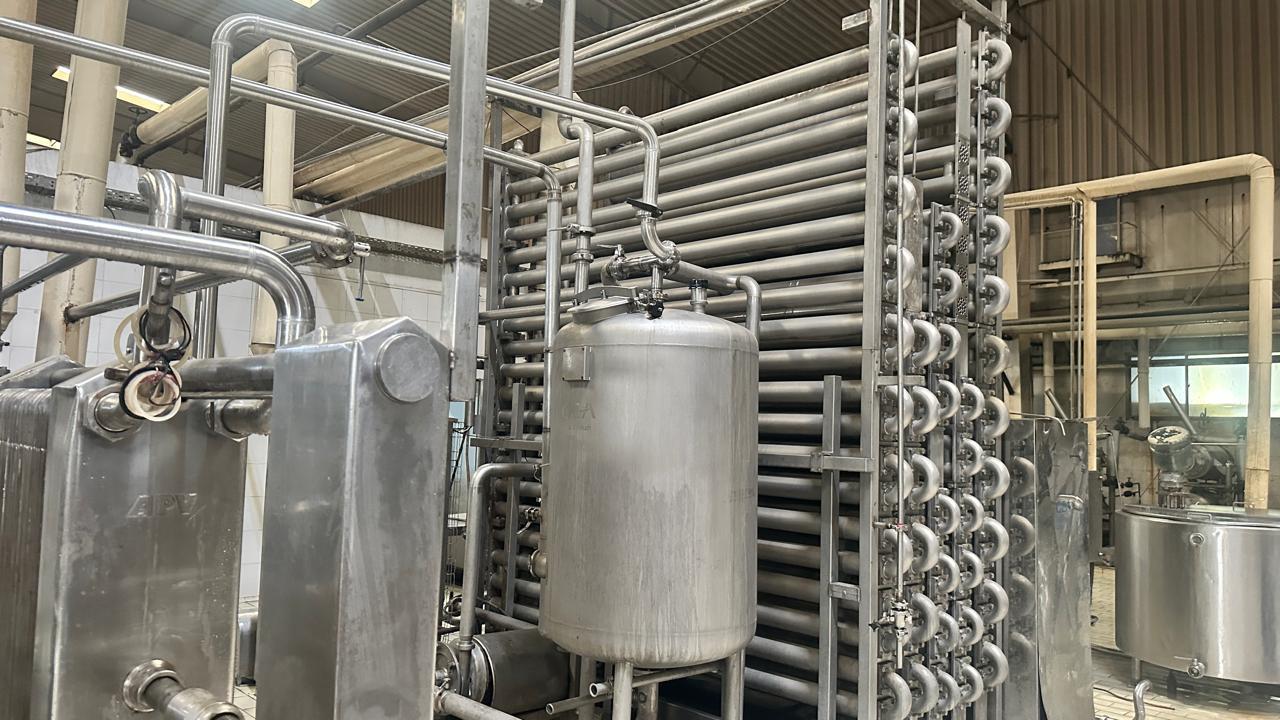
Pasteurization
Pasteurization is key to ensuring safety and quality. The milk is heated to about 72°C for 15 to 20 seconds to eliminate harmful bacteria, then rapidly cooled to 4°C to preserve freshness and nutrients. This ensures the milk is nutritious, and ready for bottling in a sterile environment
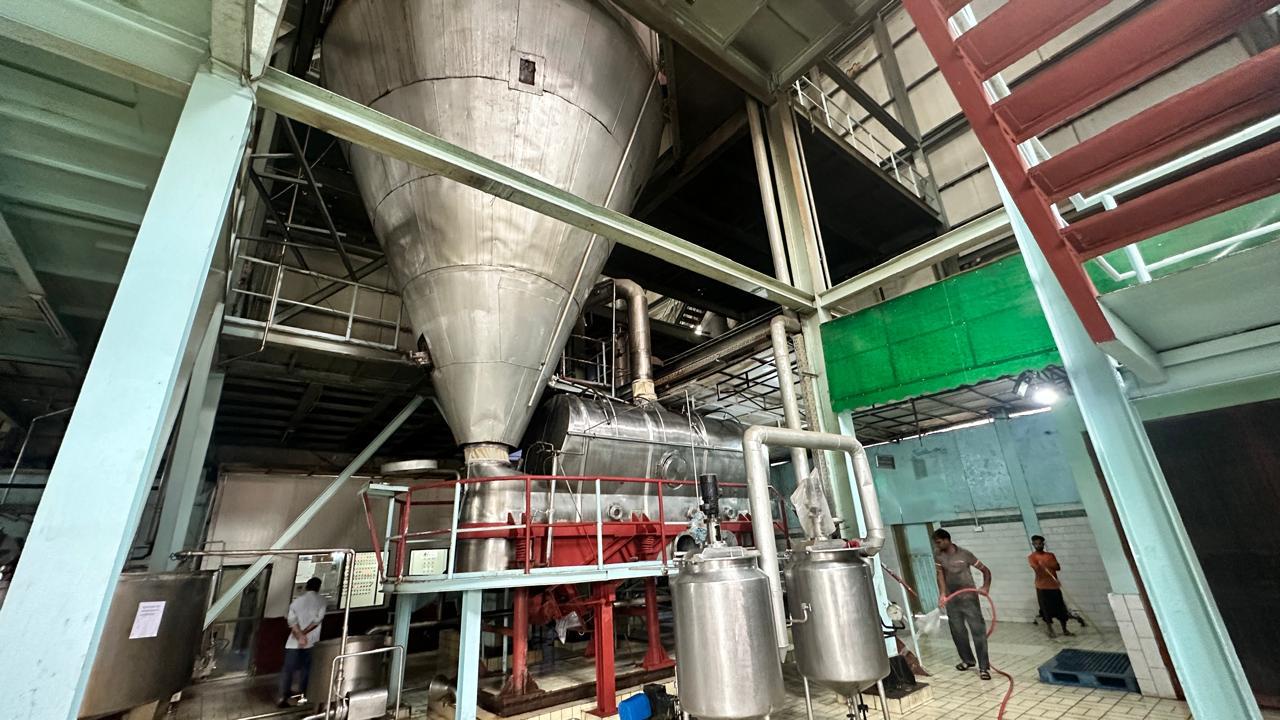
Milk Powder Production
We utilize advanced spray-drying technology to efficiently convert milk into powder, followed by rigorous lab testing to ensure consistent quality and nutrient retention. Our state-of-the-art facility is internationally accredited and recognized by the General Administration of Customs China (GACC)

Global Export
Our global export operations involve meticulous logistics planning and quality assurance to ensure timely delivery world wide. We adhere to international export regulations and conduct thorough quality checks to meet the highest standards
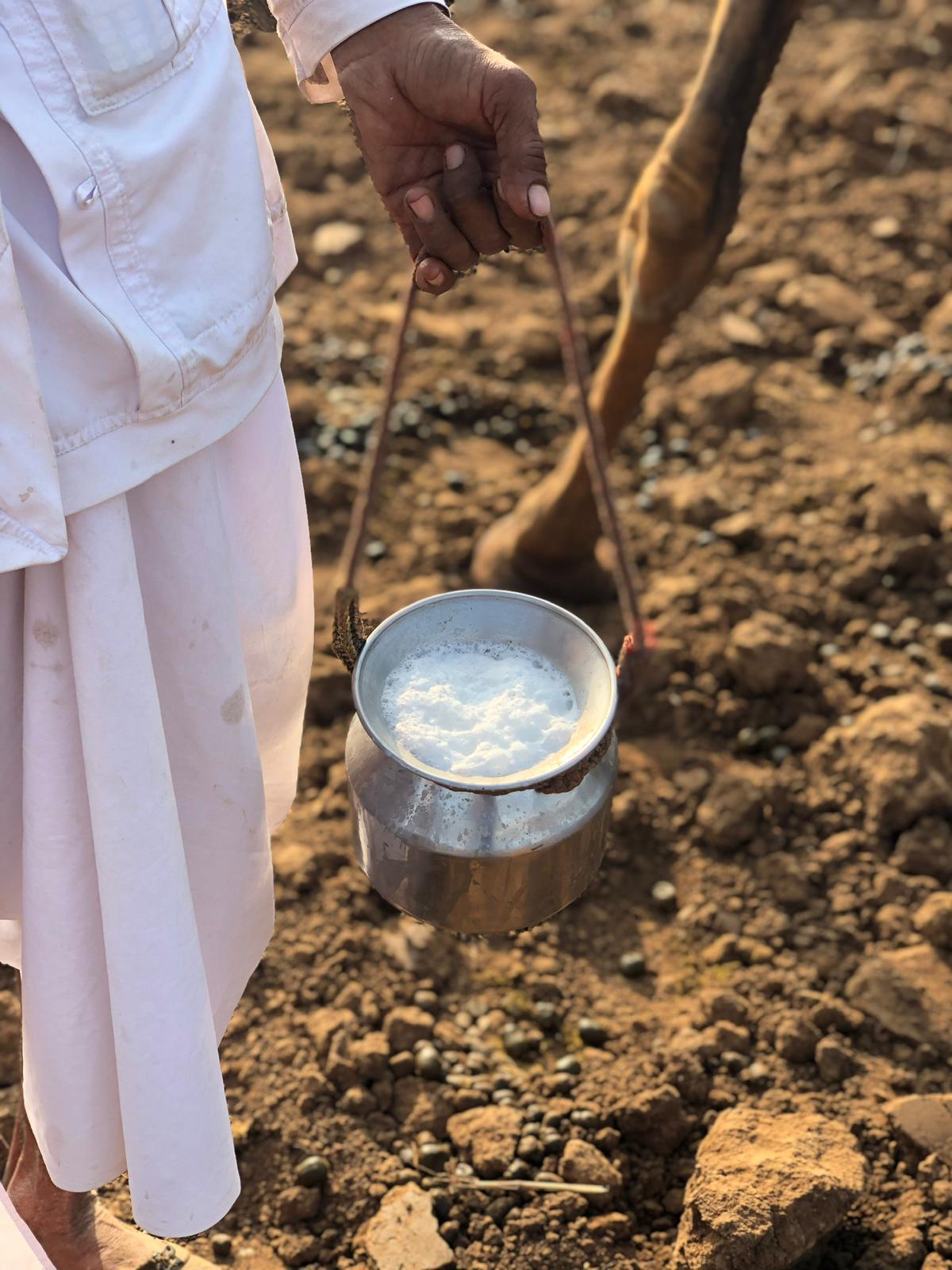
Benefits of Camel Milk
Camel milk is a nutrient-rich dairy product known for its health benefits. It’s packed with essential vitamins, minerals, and proteins, making it a great choice for overall wellness
01. Medicinal Values
Helps treat various ailments including gastritis and HIV. It is claimed to also aid with post-partum care due to therapeutic agents from plants camels consume
02. Nutrient-Rich
Camel milk is enriched with various protective proteins like lysozyme, lactoferrin, IgG and IgA etc which exert antibacterial, antiviral, antifungal and antiparasitic activity
03. Diabetes & Insulin
Camel milk reduces blood sugar and HbA1C levels in diabetes due to its insulin-like activity and regulatory functions. The milk’s insulin is protected from digestion, facilitating better absorption
Packaging and
Export
From our pristine bottling to global export, every sip of our camel milk is preserved
Our packaging and bottling process for camel milk is designed to maintain the milk’s freshness. Once pasteurized, it is immediately transferred into high-quality, food-grade bottles. This ensures the product’s safety and shelf life. Each bottle is securely sealed and labeled, guaranteeing that it meets the standards of quality and hygiene. Internationally, we handle the export process with the same level of care, so that our camel milk arrives in perfect condition, whether it is enjoyed locally or abroad.
We focus on reducing plastic use by opting for sustainable materials and innovative packaging solutions, ensuring minimal environmental impact from milking to bottling.
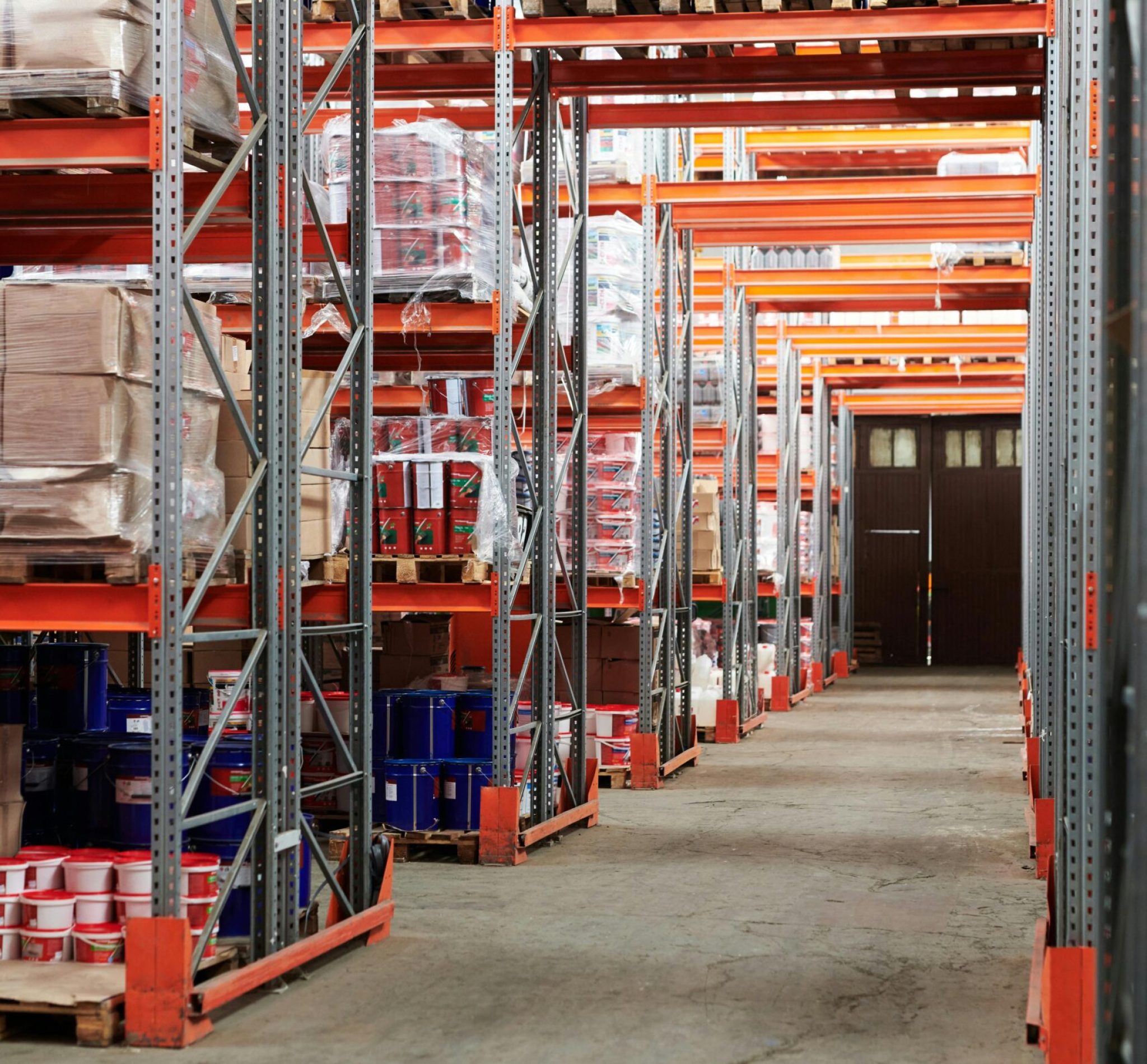
Environmental Impact of
Camel Milk Production
Camel milk production is environmentally friendly, as camels require less water compared to other livestock. They are well-adapted to arid climates, making them an efficient choice for sustainable milk production. At ELC Biotech, we are committed to promoting sustainable agricultural practices that benefit both the environment and the communities we engage with. By choosing camel milk, you’re supporting a more sustainable and eco-friendly food source
